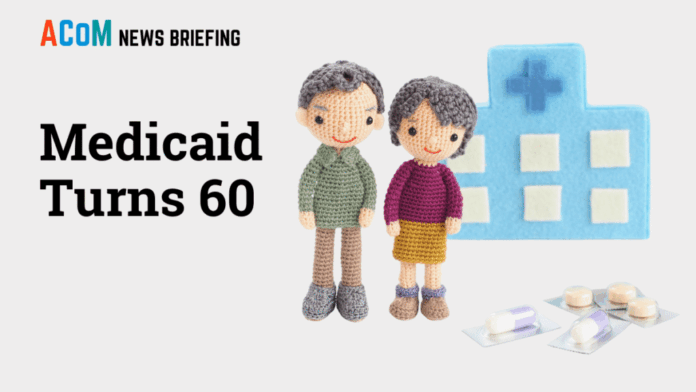Vidya Sethuraman
India Post News Service
As the federal Medicaid program (Medicaid) has been implemented for more than 60 years, California has become one of the most iconic states in the country with its aggressive expansion and policy innovation. However, with the uncertainty of federal policy and the risk of potential cuts, national medical and policy leaders recently gathered at the ACoM meeting to discuss whether California’s model can set a more equitable and accessible public medical model for the country.
Dr. Ilan Shapiro Strygler, SVP, Chief Health Correspondent and Medical Affairs Officer, AltaMed Health Services noted that low-income and immigrant communities are facing a medical existential intersection. “We see many patients choosing to delay medical treatment because they are afraid of losing their insurance, or even only going to the emergency room when their lives are in danger.” He said that this not only causes the chronic disease to worsen, but also increases the overall medical cost. He said that California has shown a model of innovation by expanding Medicaid eligibility, simplifying the insurance enrollment process and culturally sensitive service design, “but if federal policies retreat, all of this will be in jeopardy.” Medicaid is not only a form of health insurance in many communities, but also the cornerstone of economic and social stability. Without Medicaid, they can’t even get a basic checkup.” Losing coverage for children, pregnant women, and people with chronic diseases not only endangers individuals, but also drags down the health and productivity of entire communities.
Anthony Wright, Executive Director, Families USA warned that immigrant groups are particularly vulnerable to voluntarily withdrawing from the medical system due to misunderstanding of policies and concerns about data being tracked. According to data, about 70 million people in the United States currently rely on Medicaid. If the policy direction continues to lean toward spending cuts in the next few years, millions of people will face the risk of losing insurance, especially marginalized groups and primary medical networks will bear the brunt. At the end of the meeting, experts jointly called on Congress and state governments to continue to strengthen investment in Medicaid while protecting the insurance rights of legal immigrants and disadvantaged communities.
Also Read: 70 Million Americans Face Loss of Healthcare as Congress Proposes $800 Billion Cut to Medicaid







